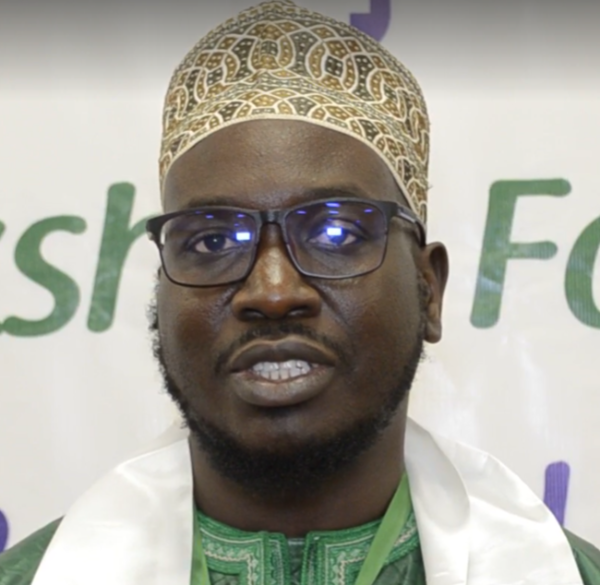UN Special Representative Visits Safe Spaces for Women and Girls in Sudan’s Red Sea State
The visit, conducted in close collaboration with the State Unit for Combating Violence Against Women and Children and generously supported by the United Nations Population Fund (UNFPA), highlighted the essential services being provided to survivors of gender-based violence and those affected by displacement and conflict.
As part of the mission, Ms. Patten and her delegation toured SFPA-operated safe spaces, witnessing firsthand the integrated services offeredranging from reproductive health care to psychosocial support and social reintegration initiatives. The visit also provided an opportunity to engage directly with women and girls benefiting from these services, listening to their stories and needs.
A key moment of the visit was a tour of the Integrated Center for GBV Survivors, a model facility run by SFPA in Red Sea State. The center exemplifies holistic care for survivors, ensuring access to protection, medical attention, mental health support, and community-based services. Ms. Anette from the Swedish International Development Cooperation Agency (Sida) and Dr. Salima Ishaq, Director of the Federal Unit for Combating Violence Against Women and Children, also joined the tour.
In a significant announcement, Ms. Patten confirmed the upcoming signing of a formal cooperation agreement between the United Nations and the Government of Sudan on the prevention of and response to sexual violence in conflict. She described the agreement as a “milestone moment” in the country’s efforts to protect the rights and dignity of women and girls.
“This visit represents a strategic and qualitative boost for the cause of protecting women in the Sudanese context,” said Mr. Mustafa Rifaat Darrar, Executive Director of the SFPA Red Sea State Branch.
“It underscores the urgent need to expand safe spaces and deepen the integration of protection, reproductive health, and psychosocial services—especially in times of crisis. Above all, it reflects the unwavering solidarity of our international partners in ensuring that the dignity and safety of Sudanese women remain central to humanitarian action.”
This visit marks a powerful affirmation of SFPA’s commitment alongside its partners in the IPPF family and the global humanitarian community to uphold the rights of women and girls in conflict-affected areas, and to strengthen pathways for healing, empowerment, and justice.

















